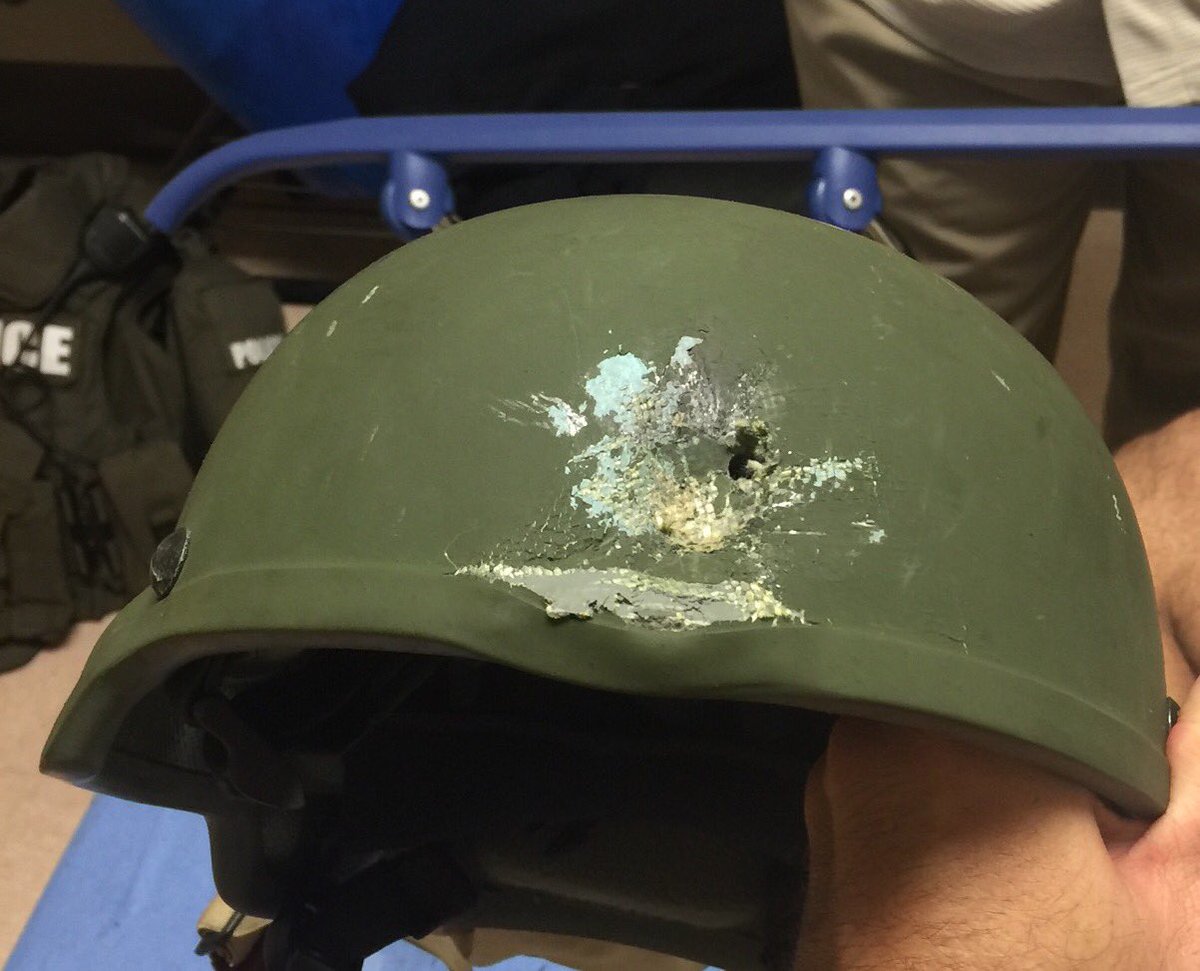Keeping The Priorities Straight: Due Process Matters

After the horrors at Orlando’s Pulse nightclub, social media exploded in predictable ways. The nation heard the usual pro- and anti-gun talking points about semi-automatic rifles, large-capacity magazines and self-defense. Those who managed to look past the talking points found hypocrisy and a terrible rush to abridge freedom.
How was it possible that this shooter, whom the FBI had interviewed three times, was allowed to buy a gun? Shouldn’t the government prevent someone like that from acquiring firearms?
No, it shouldn’t, at least not based solely on the suspicions of law enforcement. We should not so cavalierly allow the government to strip Americans of their constitutional rights without some concrete evidence.
Many people who would curtail the powers of law enforcement these days after police shootings suddenly trust that same law enforcement so implicitly that mere suspicion by the FBI is enough to force an American to forfeit a constitutional right.
The U.S. Supreme Court has ruled that the Second Amendment guarantees an individual right to own firearms. One can disagree with that decision, but anyone who believes in the rule of law must respect it as the law of the land.
The same people also often argue for taking away “military equipment” from police, yet they now laud the success of the Orlando Police Department SWAT team that used just such equipment to save lives. One officer is alive today because a military Kevlar helmet absorbed a shot. Yesterday in Amarillo we saw the same thing, when SWAT operators stopped a hostage taker.
Self-contradiction is lost on these self-declared experts.
Neither banning specific pieces of equipment nor expanding police authority is the answer. We must openly and frankly discuss ways that to engage in proven methods of gun-violence reduction such as better intelligence, better information and data sharing, and targeted and creative enforcement.
If one has the right to a trial before going to jail, one should also have the right to trial before giving up constitutional rights, including the right to bear arms.
Presumptive Democratic presidential nominee Hillary Clinton disagrees. She suggested that people on the No-Fly List not be allowed to purchase guns. That list exists outside the judicial process. Anyone can land on it based on secret suspicions of law enforcement.
Indeed, since the creation of the list, stories have emerged with disheartening regularity of people whose lives were upended because they were incorrectly placed on the list. If the FBI has evidence, it should make an arrest.
Due process serves our criminal justice system well. The rules of evidence and adjudication provide an important check on the power of the state and safeguard our fundamental rights.
Meanwhile, Presumptive Republican presidential nominee Donald Trump goes after another basic liberty, banning Washington Post reporters from his events after a headline he didn’t like. The First Amendment protects a free press, but Trump is not interested.
It's interesting to see that the presumptive nominee of both parties has publicly spoken to curtail liberties, and to expand the powers of law enforcement.
The truest expression of civil liberties is protecting the rights with which one disagrees. That goes for the Nazis who demand free speech rights in a public park, and anyone suspected but not convicted of a crime who wants to buy a gun.
If we deny the merely accused or suspected access to their Second Amendment rights, what next? Are suspects also no longer entitled to their Sixth Amendment right to an attorney or their Eighth Amendment right not to be treated cruelly?
It’s reasonable to take away some rights of convicted felons. Those people made a choice with the opportunity to know the consequences of their actions. They had a day in court.
An American is innocent until proven guilty, at least in the eyes of the state if not always in the eyes of public opinion. The state must not abridge freedoms without evidence that has gone through the crucible of the courtroom.
Police are fallible. Sometimes they question the wrong person in their investigation. Their suspicion is not enough.
After a tragedy like the shootings in Orlando, it’s natural to want to react, to do something quickly so it doesn’t happen again. Policy makers and the public must resist that temptation.
Knee-jerk reactions are usually wrong and have serious unintended consequences. The logic of convenience and the hypocrisy of the moment prevents America from making changes that could truly help reduce violence and keep people safe.
-